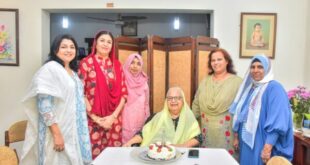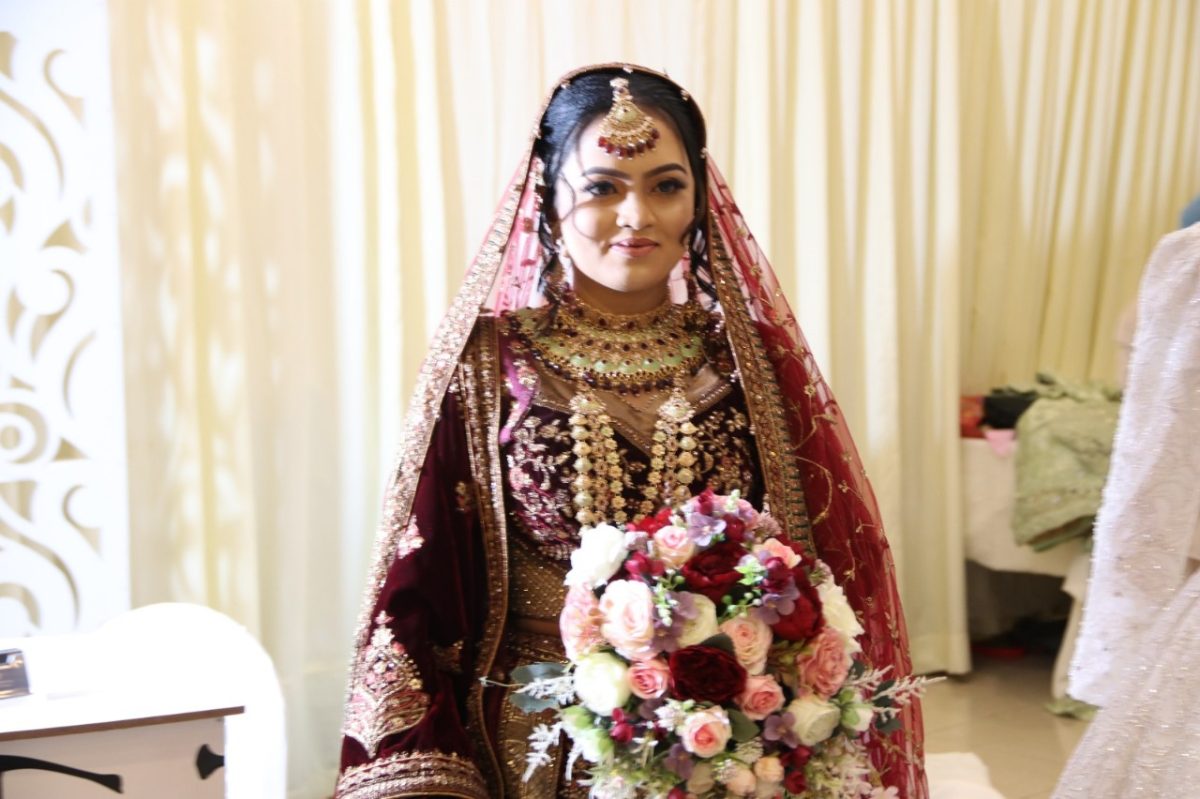It is generally thought that movement for women’s rights began with western
educated people and in 19th century. But very few people know about Maulavi
Mumtaz Ali Khan, a traditional ‘alim, product of Darul ‘Uloom Deoband who
was very enthusiastic supporters of gender equality. There are two things to
be noted here: one, he was a traditional ‘alim and was not under the
influence of western thought and two, he was advocating gender equality
purely on the basis of Islamic traditional sources i.e. Qur’an and hadith.
The Maulavi was enthusiastic supporter of women’s rights and was one of the
colleagues of Sir Syed. However, Sir Syed had lot of troubles on his hand
due to his campaign for a modern educational institution for north Indian
Muslims. He was facing stiff resistance from orthodox ‘ulama and did not
want more trouble and so he advised Mumtaz Ali Khan not to publish his book
Huququn Niswan the manuscript of which he showed to the Syed. However, the
Maulavi was very enthusiastic about women’s rights and wanted to educate
Muslim men and women and went ahead with its publication.
Huququn Niswan, I dare say without any exaggeration, is like charter of
rights for Muslim women. Mumtaz Ali Khan proves from Qur’an through his
interpretations of relevant Qur’anic verses that men and women have equal
rights and that women have no authority over women, as believed by Muslim
men. This book, because of its advocacy of women’s rights, soon went into
oblivion and was not available.
I obtained its copy from a US library and published it. It must be read by
all Muslim women to get duly armed with Qur’anic arguments to fight for
their case. He had married to a woman who was not educated but he not only
educated her but also made her editor of a women’s magazine which had become
quite popular in those days. This magazine, besides educating women in their
rights also made them aware of contemporary events, especially
socio-cultural.
Maulavi sahib’s arguments were quite ingenious based on his interpretation
of Qur’anic verses. He took all traditional arguments by which men asserted
their superiority over women. He called such superiority as mardon ki jhuti
fazilat (false superiority of men ). For example men usually argued that if
women are equal to men why Allah did not grace any woman with prophethood
(nubuwwat)?
Mumtaz Ali Khan gives quite an ingenious reply to this argument. He says
according to tradition there have been one lakh and twenty four thousand
prophets and we know names of only about a dozen prophets. How can then we
say there were no women prophets at all unless we know all the names.
Similarly his reply to the argument that why women are half the witness, if
they are equal to men, his argument is as follows:
The Qur’an itself does not say that women are half witness but only
recommends that in financial transaction have two women and one man if two
men are not available. This according to Mumtaz Ali is a privilege for women
rather than any stigma as two women have been recommended because often
women have certain problems like menstruation or pregnant and cannot go to
the court to bear witness. Such privilege is not available to men. Thus
according to Maulavi sahib, it is privilege, not stigma for women.
He also refutes the argument that Allah first created Adam and then Eve and
hence Adam has superiority over Eve. Mumtaz Ali Khan also refutes this
argument and says these are stories taken by commentators of Qur’an from
Christian and Jewish sources and Qur’an itself does not say Adam was created
first and then Eve for his comfort and company. From Qur’an one can not
prove who was created first and who was created later.
Similarly the argument about permissibility of four marriages simultaneously
is also effectively refuted as he says there is no clarity in the verse
(4:3) whether it allows four wives simultaneously, or one after the other or
divorcing one and marrying second and so on. According to him four wives
simultaneously is not the intention of the Qur’an for which he gives
elaborate arguments.
In any case it is most interesting book with alternate interpretations of
Qur’anic verses as far as women’s rights are concerned. One can say it is
first feminist interpretation of Qur’an in the Indian subcontinent as early
as 19th century.
Post Disclaimer | Support Us
Support Us
The sailanmuslim.com web site entirely supported by individual donors and well wishers. If you regularly visit this site and wish to show your appreciation, or if you wish to see further development of sailanmuslim.com, please donate us
IMPORTANT : All content hosted on sailanmuslim.com is solely for non-commercial purposes and with the permission of original copyright holders. Any other use of the hosted content, such as for financial gain, requires express approval from the copyright owners.
 Sri lanka Muslims Web Portal Sri Lanka Muslims News Center
Sri lanka Muslims Web Portal Sri Lanka Muslims News Center
 Donate
Donate


